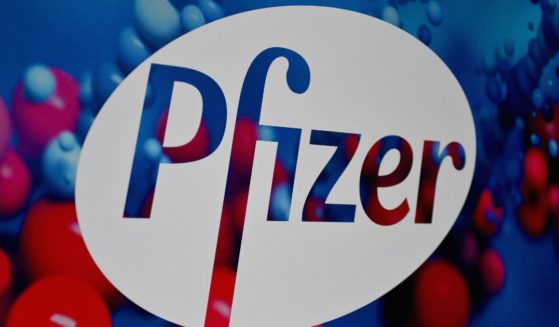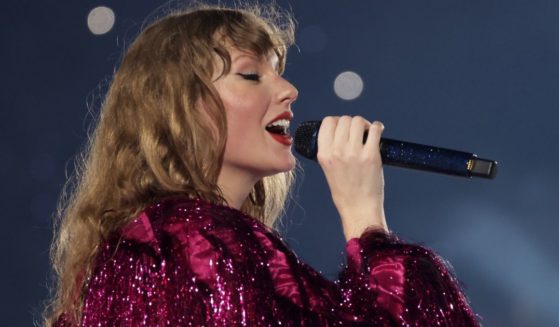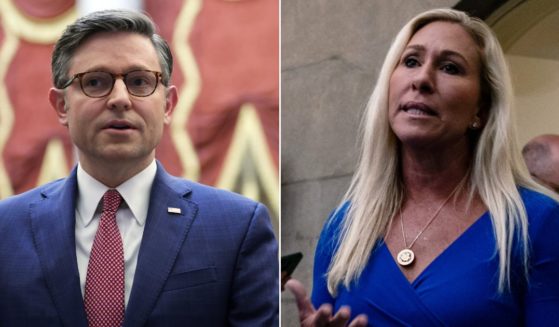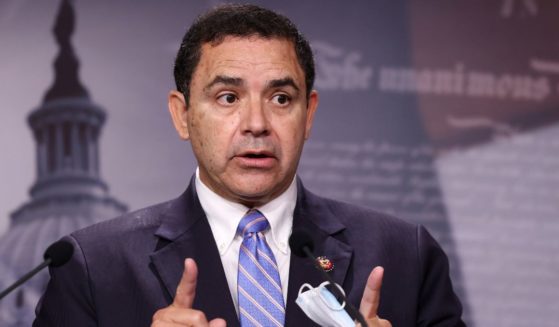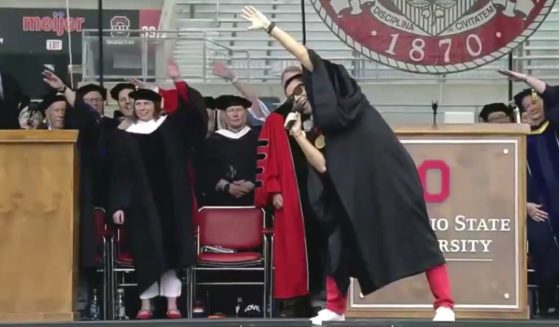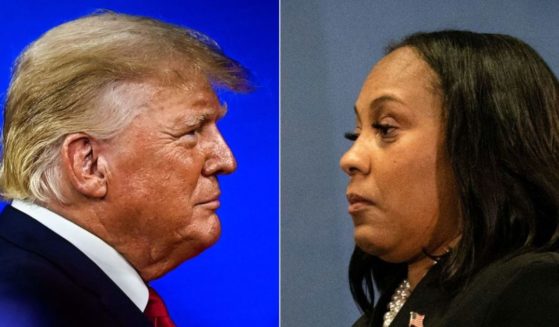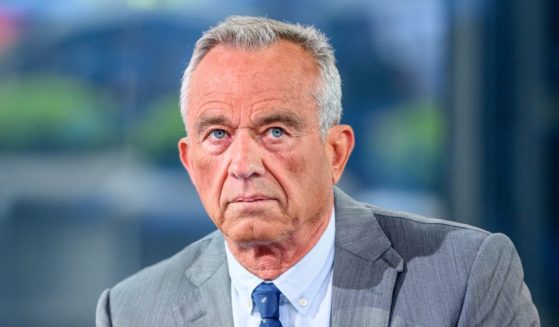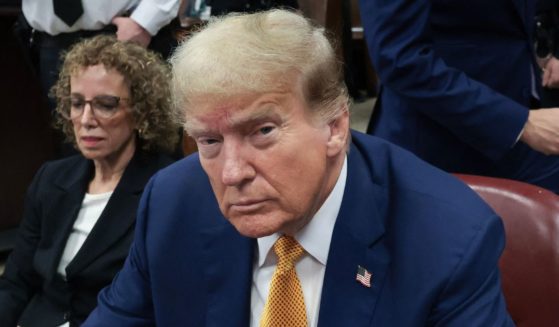Final Nail in the Coffin? Bud Light Could Get Snubbed by Retailers While Competitors 'Surged'
They still don’t get it. And that’s why conservatives still aren’t getting any Bud Light.
By “they,” I’m referring to Anheuser-Busch InBev, the massive Belgian conglomerate that brews Bud Light and still hasn’t apologized for a spring ad campaign featuring transgender “influencer” Dylan Mulvaney despite cratering sales of what was once America’s best-selling beer.
By “they,” I’m also referring to the media. Look at ABC News, which remarked on “the longevity of an anti-trans consumer movement that erupted in April” in a Friday article about Bud Light’s woes.
Yes, it’s all those people in the intolerant “anti-trans consumer movement.” It had nothing to do with a brand spitting in the face of the values of its heartland customer base — especially with a former vice president of marketing, reportedly responsible for the campaign, calling the brand’s previous advertising “fratty” and saying she was seeking “inclusivity” to save what she saw as a “dying” brand. Nothing to do with that.
Whatever the case may be about who isn’t getting what, the message from ABC News to Bud Light’s brewers is indeed a stark one: Given that the boycott hasn’t abated and retailers are set to make long-term changes, the handling of the Mulvaney debacle is likely to continue into the future.
As the outlet reported Friday, “a reset of shelf space that takes hold every fall at major retailers could solidify the sales declines and make it much more difficult for Bud Light to return to its performance before the boycott, according to ABC News’ interviews with a former Anheuser-Busch executive, a local Bud Light wholesaler and beer industry analysts.
“Bud Light is set to lose refrigerator space at a vast network of stores belonging to key beer sellers like Walmart and 7-Eleven, since the retailers typically reapportion shelf space based on recent sales performance, taking space away from struggling brands and giving it to hot-selling ones, the industry sources told ABC News.”
Anson Frericks, a former AB InBev executive who’s been critical of the brand’s handling of the Mulvaney crisis, said the loss of shelf space is more than just symbolic.
“During a busy shopping period on a Friday or Saturday night, if you don’t have the beer available cold on the shelf, consumers pick something else,” Frericks said.
He added that shelf space was “the single largest determinant of sales in a store.”
“There will be a dramatic shift,” he predicted.
The sales numbers still paint a bleak picture compared to last year: Bump Williams Consulting and Nielsen NIQ data show that over a four-week period that ended earlier this month, sales of the brand were down 27 percent compared with last year.
This is roughly in line with the data we’ve seen throughout the boycott, indicating the ill will generated by the Mulvaney campaign and the company’s response to it hasn’t abated.
“Meanwhile, sales of rival brands have surged. During that same four-week period, Coors Light sales climbed 20% compared to a year ago; while sales of Yuengling’s light lager jumped a staggering 80%, the data showed,” ABC News reported.
And, as ABC News noted, the boycott isn’t just part of an “anti-trans consumer movement,” despite using that loaded statement in the lede; elements on the left haven’t been too keen on AB InBev’s handling of the fiasco “after the initial response from the company was perceived as conciliatory to conservatives by some LGBTQ advocates.”
Not that this hasn’t been an unexpected move, and AB InBev’s competitors seem prepared to take advantage of it; in August, The Wall Street Journal reported that “Molson Coors Chief Executive Gavin Hattersley said on a conference call with analysts that retailers are already reallocating space to other brands during shelf resets that take place in the spring, with more resets to come in the fall.”
The report said that Hattersley told investors “the company gained more than 12,000 tap handles in the quarter” and that “Molson Coors also said it is planning an additional $100 million of marketing spending in the second half of the year to keep that sales momentum.”
“Our job is to maintain those gains that we’ve got,” Hattersley reportedly said.
It appears to be working.
“There’s explosive growth on one side and sharp decline on the other,” said Dave Williams, vice president of analytics and insights at Bump Williams Consulting.
“This does have that ripple effect where if Bud Light loses space on the shelf, that could make it a longer-term endeavor to claw back to where they were if they’re ever able to do that in the first place.”
Meanwhile, the general manager at an Anheuser-Busch distributor in Wisconsin, who wished to remain anonymous, said that the resets “could be an issue” but that they weren’t expecting a “drastic change.”
“The boycott has lasted longer than anybody thought,” they said. “Every retailer has their own opinion for what sales warrant on their shelves. Time will tell.”
Time has told. The Mulvaney campaign was in April — April 1, to be exact, and AB InBev execs probably wish it were an April Fool’s Joke. It’s now September. The company has backed away from the campaign but not apologized, something that’s angered both sides.
The media still continue to believe that on the conservative side, this is “anti-trans” sentiment, failing to realize the wider implications of what kind of worldview a company wants to espouse and what that means when it comes to consumer decisions. Before, social, political and religious conservatives were expected to just shut up and take it when wokeness was shoved down their throats. As Bud Light, Target and other companies have discovered, that’s not quite how it works.
Businesses have a choice: They can learn a lesson from Bud Light and go back to selling products, not political ideologies, or they can roll the dice on going woke and hope that they don’t go broke, as the maxim goes. AB InBev already made their bed in that regard, and these shelf resets will ensure they’ll be lying in it for quite some time.
Truth and Accuracy
We are committed to truth and accuracy in all of our journalism. Read our editorial standards.

